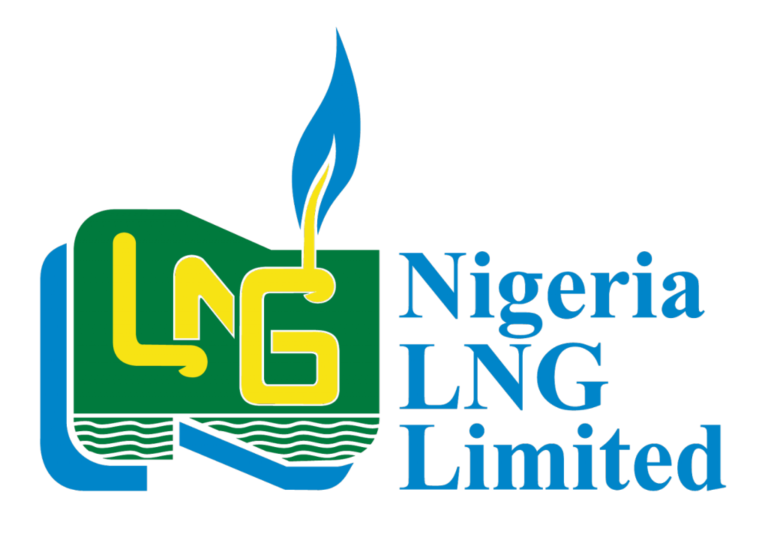The Managing Director of Nigeria LNG Limited (NLNG), Dr Philip Mshelbila, has expressed worries persistent attacks on its gas pipelines by vandals.
Speaking at the just concluded Nigeria International Energy Summit in Abuja, Mshelbila decried the significant losses suffered by NLNG due to the insecurity surrounding its gas assets.
He disclosed that only two of the company’s six gas trains are currently operational, due to operational challenges and that the company has struggled to meet global demand for liquefied natural gas because of the damage caused by illegal pipeline connections.
“In the current moment, I am only running two trains out of six,” Mshelbila lamented.
“Three of our gas supply pipelines are down for repairs due to illegal connections by thieves. These are critical lines—GTS 1, GTS 2, and GTS 4—that supply the energy required for our operations.”
He called for a reevaluation of energy security, highlighting that while progress has been made in securing oil infrastructure, the situation for gas is becoming precarious.
“Energy security has to be seen as important as national security. However, gas security has deteriorated and until we can safeguard these pipelines, we will continue to underperform,” he said.
He noted that numerous European countries and others have approached Nigeria for LNG supplies but that the country has been unable to meet these requests.
“Countries like Qatar and the US are in a stronger position, and we are unable to compete due to the security challenges we face,” he added.
This insecurity has also had a tangible impact on Nigeria’s LNG exports. Earlier this year, the country’s LNG exports saw a 20 per cent decline, following the destruction of vital pipelines by suspected vandals. Consequently, planned shipments for next month are expected to face delays of at least 10 days.
Local media reports quoted the NLNG boss as saying that despite these challenges, the enabling environment created by the Nigerian government has attracted substantial investments into the NLNG.
He lauded the public-private partnership model that has driven the success of the company, notably in the development of the Train 7 project.
“Train 7, a $5bn investment, is an example of the success of this model. We’ve been overwhelmed by the interest shown by investors, which is a positive reflection of the company’s governance and structure,” he said, highlighting the significance of the project as a beacon for potential investments in the energy sector.
However, he also pointed out that while NLNG has benefited from this model, the broader Nigerian economy faces numerous investment challenges, particularly concerning energy security.
He echoed calls made by other industry experts for the government to prioritize energy security as a key national concern.
GIK/APA


